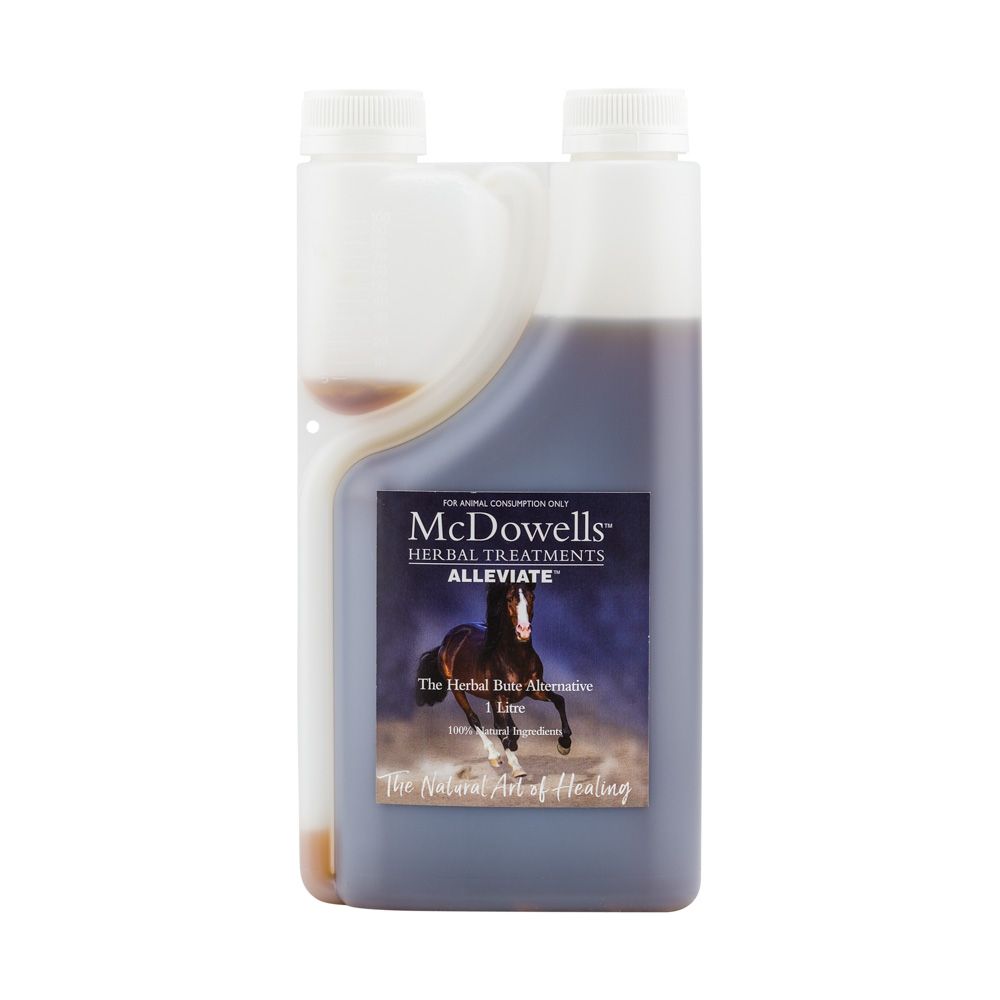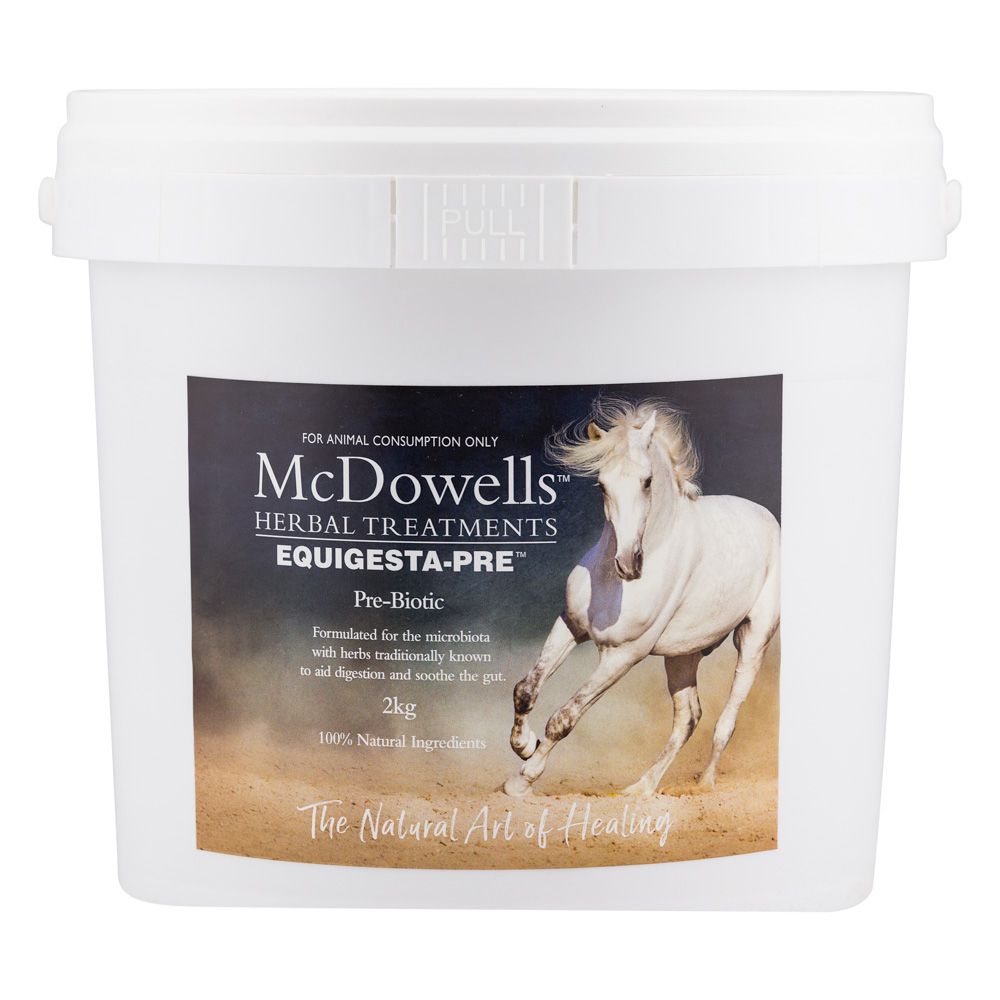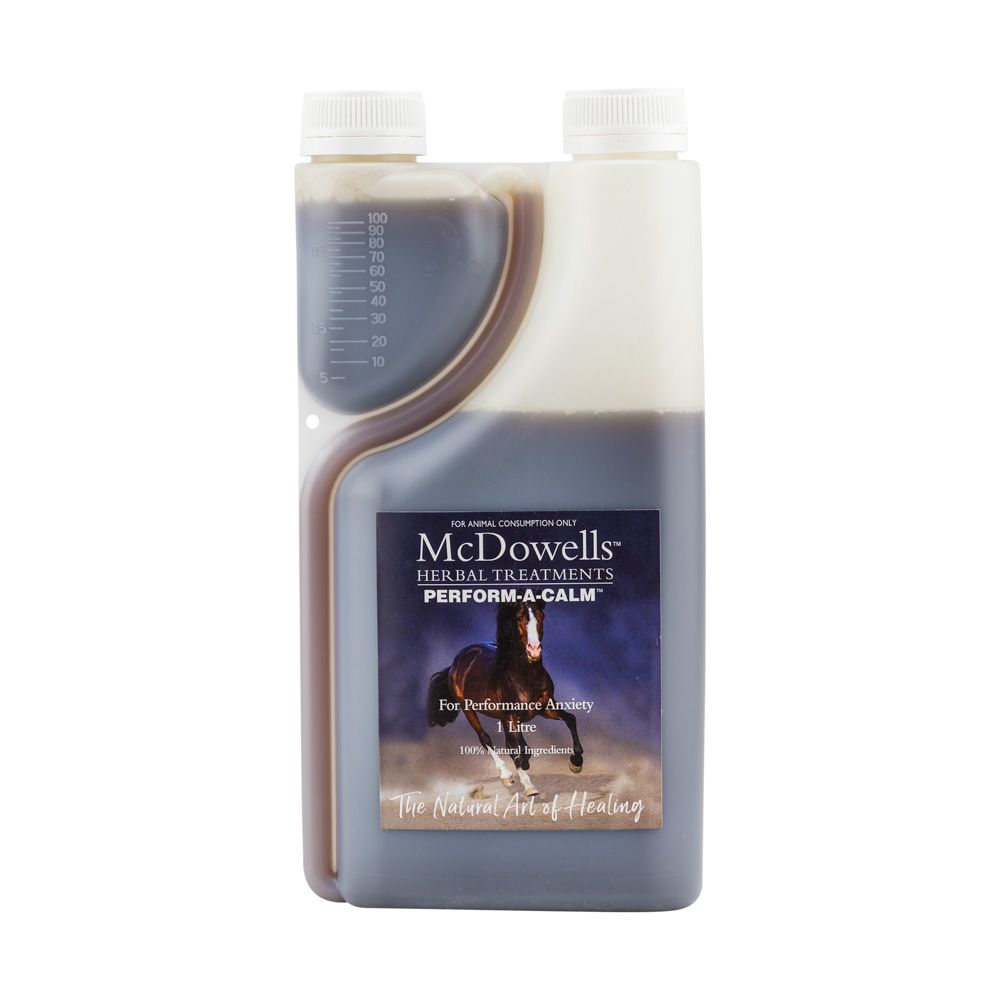Morning, I’d like to know which underlying causes are known for horses to chew wood (besides boredom!). Are there any relevant studies to show specific bacteria or aberobes levels being too low, too high or non-existent in the gut health or specific parasite infections, not unlike humans, that cause this? Any known mineral deficiency contributing to it? What do you recommend people use to try and prevent this from happening please?
Kind regards, Kim
Dear Kim,
Wood chewing in horses is a common condition and is often associated with cribbing and wind-sucking.
There are similarities between them however wood chewing is a behaviour that is seen within wild populations of horses, whereas wind sucking and cribbing are not.
There are many theories around the causes of these behaviours, however there is no one definitive cause that has been found....
Wood chewing can be related to nutritional, emotional and pain response.
Horses in the wild would naturally chew on tree bark, eat soft inner bark and wood as a food source. This inner bark can be highly nourishing and have high levels of moisture. If there are food shortages and there are also low levels of moisture in their food, they can start this behaviour. If there are nutritional deficiencies within the diet, there is an innate behaviour to seek foods high in nutrients. This inner bark can also be rich in polysaccharides, which can be soothing and healing to the gut (this is where slippery elm powder is found and other tress have similar attributes). This can help to ease the pain they experience in cases of ulcers and gut inflammation. Chewing and biting at wood also increases the production of saliva, which is soothing to the bowel as the saliva buffers the strong stomach acids that are constantly secreted.
Horses naturally forage for a large portion of their day. In fact, it's up to 70% of their day! This is meant to be dedicated to using their mouth, biting, chewing, swallowing saliva. They perform tens of thousands of jaw movements per day when foraging naturally. They would be eating low quality roughage, that requires a lot of jaw work. They walk around 20-25 kilometres per day to find food.
Compare that to what they have access to today...
Improved pastures, high quality alfalfa or chaff that is already half chewed for them! Soft tender grass with high sugar, and low cellulose. They are stalled for many hours, or housed alone in small paddocks, which reduce their activity. They are fed in meals of high quality foods that are eaten quickly with little work for their jaws. Their mouths, which should be working for 70% of their day, has nothing to do. This is a natural innate behaviour. Furthermore, they communicate with other horses through their mouth, biting and nipping. Then we house them alone, so they cannot even perform this behaviour.
There are further consequences to the hind gut when there is not enough forage in their diet. The reduction in the roughage creates less saliva. This means there is less buffering of the strong digestive acids that flow through the digestive tract. This causes an acidic pH in the hind gut- where only acid loving bacteria survive. The fermentation in the hind gut is where a lot of the vitamin K, b vitamins and fatty acids that are made, and absorbed. If the microbiome in the hindgut is affected there is less of the bacteria that is required for this vitamins production, and the stable blood sugar levels created by the fatty acids being absorbed into the blood. And, of course, the ulcers that can form when there is a change in the pH in the hind gut, causing pain, which encourages the horse to seek something out that soothes this, or replace these nutrients.
Then we can look at the high stress levels that cause a lot of stereotypic behaviours, and how the animal exhibiting these behaviours, usually have higher cortisol levels. They can feel better when they perform this repetitive behaviour that has been found to release endogenous feel-good hormones. This can also reinforce the behaviour to become addictive. Many of these behaviours originate from weaning, starting or 'breaking' (I just don’t like this word) and when they move to a new home where they have a new social structure. A young horses' life has a number of very traumatic experiences. The stress from these experiences can deplete B vitamins, cause stress ulcers, and also alter their time budget which all trigger these behaviours. It can be one vicious cycle!
These horses need gut soothing and healing, stress and adrenal support, high roughage diets and adequate nutrients in their diet. They need:
- Paddock companions
- High roughage diet available constantly
- Adequate diet that covers all of their nutritional needs
Depending on the individual horse, these are the basic products in our range that can help;
- Perform-a-calm for stressed horses
- Equigest-a-pre for horses with digestive issues, or stressed horses to prevent digestive issues.
- Alleviate for horses that are experiencing pain
Perform-A-Calm
Is a good basic nervine and calming supplement. This cider vinegar extract is formulated to nourish and calm the nervous disposition. It contains 'nervines' or nervous system tonics to allow change to a nervy horse's nature and habit patterns of reaction to certain circumstances. The results are quickly seen within 3-6 weeks and are sustainable.
Alleviate
All these herbs not only reduce inflammation and pain but assist in the healing process which will help reverse the underlying condition completely. These formulations may be used safely for both emergencies and in the long term for comfort. They do not swab and they do assist other equine herbal healing programs.
Equigesta-Pre
This is going to support healthy gut function. This mix will also help regulate cortisol levels.
The chamomile is going to support the gut brain axis via the vagus nerve. This helps to reduce the digestive symptoms that are seen with nervous excitement. The bentonite is a hind gut buffer that helps to protect the bowel walls. Aloe vera and slippery elm are essential for soothing and healing the mucous membrane of the whole digestive tract. This allows the cells in the gut wall to heal, and regenerate to be able to make their own mucin, which is what naturally protects them. When there is damage and inflammation in the bowel, these cells get damaged, and the constant contact of the digestive juices make it difficult for them to heal. These herbs provide that protection to be able to heal and regenerate. Ulcers are common in stressed animals, and are a cause of anxious behaviour.
Article by Kerrie Hyland
McDowells Herbal
Naturopath
ATMS number 18350
Bachelor Health Science- Naturopathy
Bachelor Animal Science- Canine and Equine Science




